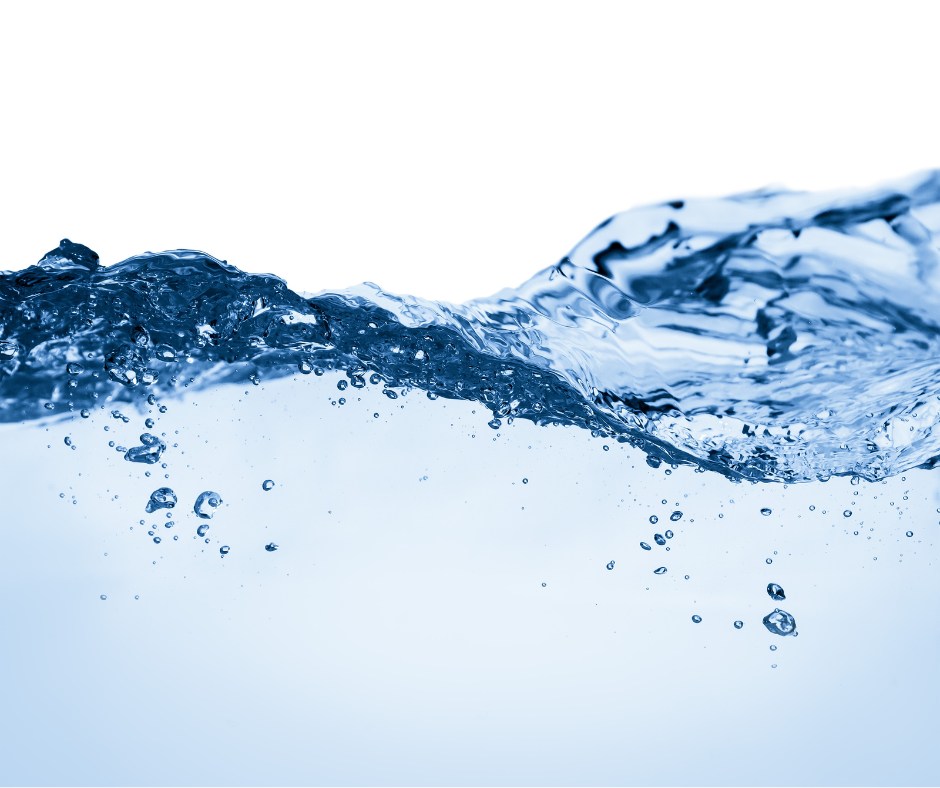Why Water Quality Matters More Than You Think
When we talk about autoclaves, most professionals focus on cycle times, temperature, or load capacity. Yet, the real secret to long-term reliability often comes down to something as simple as the water you pour inside.
Every Enbio autoclave relies on pure water to generate high-quality steam. If that water contains minerals or impurities, they don’t just evaporate — they stay behind, forming limescale, blocking sensors, and slowly reducing your autoclave’s efficiency.
The result? Longer cycles, possible error messages, and eventually expensive repairs that could have been easily avoided.
Distilled vs. Demineralised: What’s the Difference?
Both types of water are purified, but not in the same way:
-
Distilled water is produced by boiling and condensing steam, removing nearly all minerals and impurities.
-
Demineralised (or de-ionised) water is created by filtering out charged mineral ions through a special resin. It’s just as clean for Enbio use, provided it meets the purity level required.
In both cases, the goal is the same: no minerals, no residue, no problems.
What the Enbio Manual Says
According to the Enbio user manual, only distilled or high-quality demineralised water should be used. Tap water, mineral water, or “softened” water are strictly forbidden.
The manual specifies that feed water must stay within defined parameters of hardness and conductivity — typically below 15 µS/cm.
That’s because even a small amount of calcium or magnesium can lead to limescale on heating elements and internal valves.
💡 Tip: You can measure your water’s purity with an inexpensive conductivity meter (TDS meter) available online or at most lab supply stores.
Can I Use Filtered or Bottled Water?
No — filtered or bottled water may taste fine but still contains minerals that will harm your autoclave over time.
The same goes for “softened” water: while it removes calcium, it replaces it with sodium, which is just as bad for the sterilisation system.
If you want to be absolutely sure, choose distilled water or medical-grade demineralised water (often sold for steam irons or dental sterilisation units).
How to Extend the Life of Your Enbio
Using proper water is just one part of good autoclave care. Follow these quick tips for trouble-free operation:
-
Replace water regularly — never let it sit for weeks in the tank.
-
Empty and clean the waste tank periodically.
-
Check for cloudy or discoloured water — if it’s not clear, replace it.
-
Use the Enbio Magic Filter to recycle water safely and extend the time between refills.
-
Always follow the official Enbio maintenance recommendations.
By combining the right water with regular care, you’ll significantly extend your Enbio's lifespan and keep it performing at its best.
Official Claveclub Recommendation
As the Official Enbio Distributor, Claveclub recommends:
Use distilled or high-quality demineralised water — never tap or mineral water — as specified in the Enbio user manual. The purer the water, the longer your Enbio lasts.
Before operating the device, carefully read the user manual and follow all safety instructions.
This simple step protects your investment, your instruments, and your clients.
Final Thoughts
The right water doesn’t just protect your autoclave — it protects your business.
Pure water means pure steam, and pure steam means true sterilisation.
If you’re unsure about the best water source for your clinic, our team at Claveclub can guide you toward the ideal setup — whether that’s ready-to-use distilled water, a filtration system, or the Enbio Magic Filter for long-term convenience.
Claveclub | Official Enbio Distributor
💻 https://www.claveclub.com



Napsat komentář
Tento web je chráněn službou hCaptcha a vztahují se na něj Zásady ochrany osobních údajů a Podmínky služby společnosti hCaptcha.